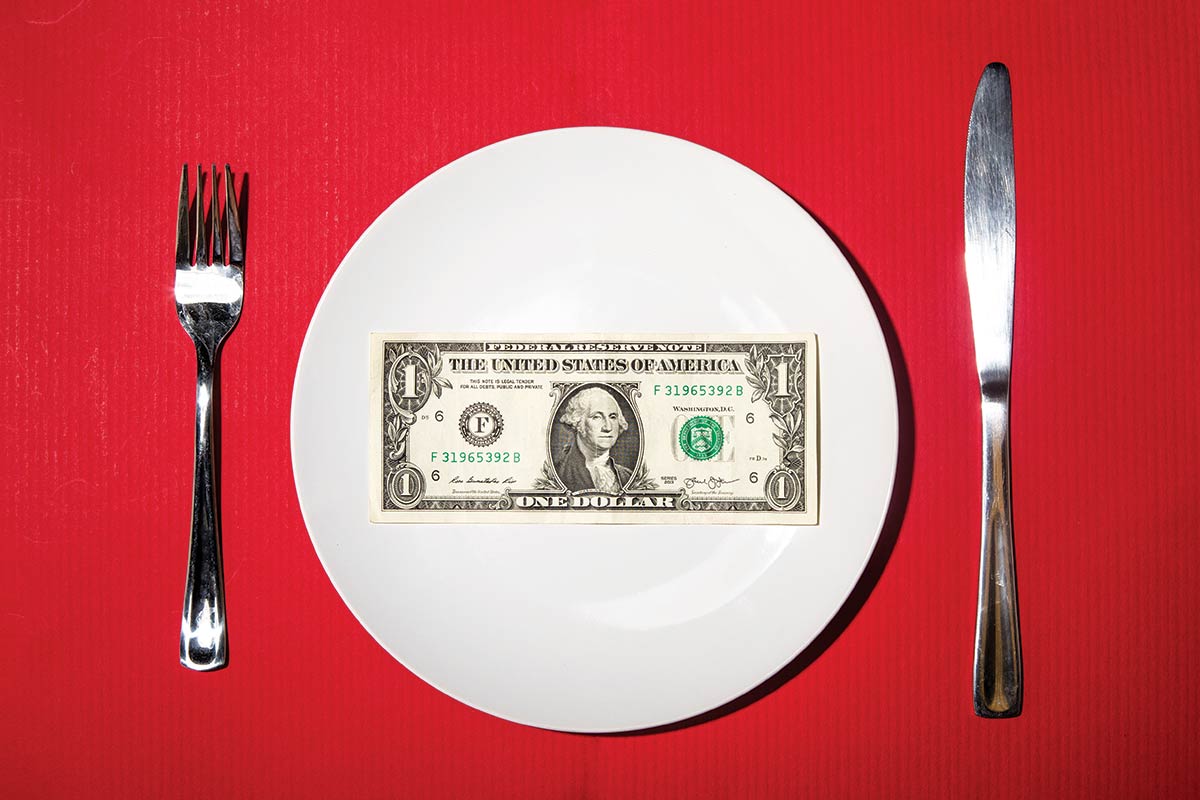Poverty And Obesity

A University of Houston Department of Health and Human Performance (HHP) study finds childhood poverty impacts the lives of white, Hispanic and African-American young adult women, increasing their likelihood to become overweight and obese.
“We’ve found a connection between the long-term exposure to poverty during childhood and obesity rates among young adult women,” said HHP’s Daphne Hernandez, an executive board member of the UH Texas Obesity Research Center. The results are published in the Journal of Epidemiology and Community Health.
Hernandez used data from the National Longitudinal Survey of Youth and the personal files of nearly 4,000 young adults born between 1980 and 1990 to examine the number of years they were exposed to family-level poverty from birth to age 18. She noted children who are repeatedly exposed to family-level poverty generally live in stressful, socio-economically disadvantaged communities.
“Disadvantaged neighborhoods are associated with more fast food restaurants, fewer grocery stores, lower levels of safety and fewer opportunities for physical activities. All of this can contribute to weight gain over time,” said Hernandez.
She found that while obesity rates increased along ethnicity lines for young women, the same didn’t occur for young adult white men.
“Poverty is associated with adolescents gaining work experience as early as 13 years old. For boys, this may mean being involved in manual labor jobs, which are related to greater levels of physical activity,” Hernandez said. “The higher level of physical activity may act as a ‘protective factor’ against obesity.”
She says this research suggests that helping families rise above poverty may be useful in lowering obesity rates in white, African-American and Hispanic women.
Next Story:
Too Close To Recovery
Proximity to drug treatment facilities may not encourage users to seek help …